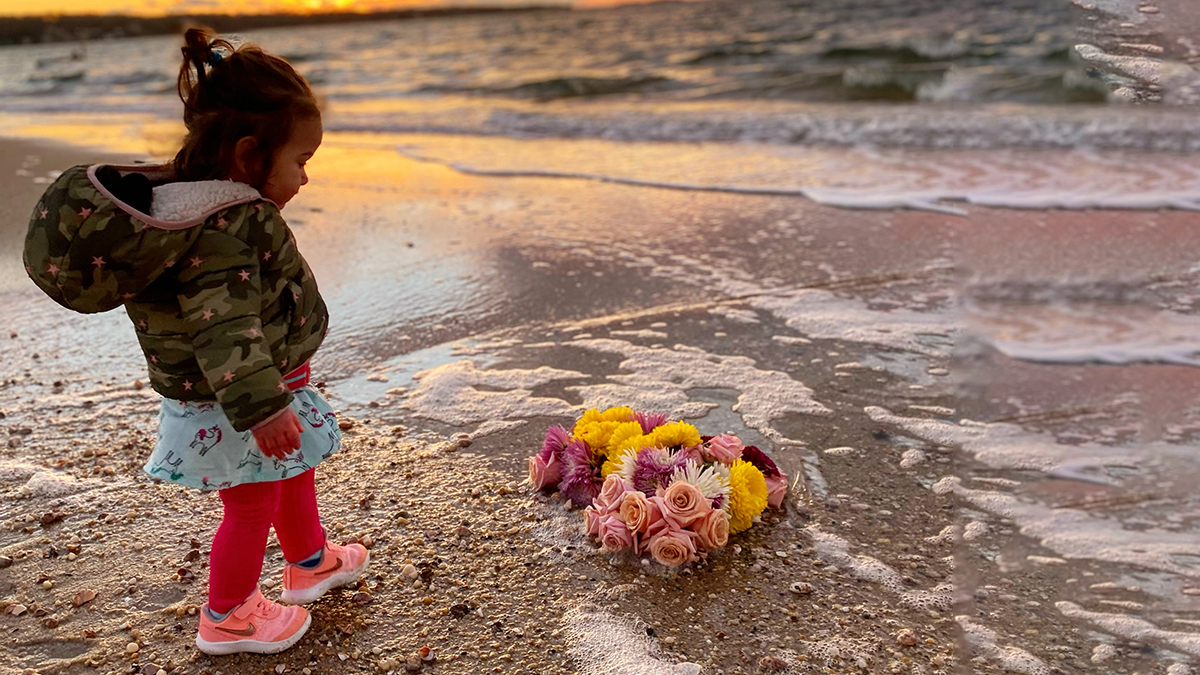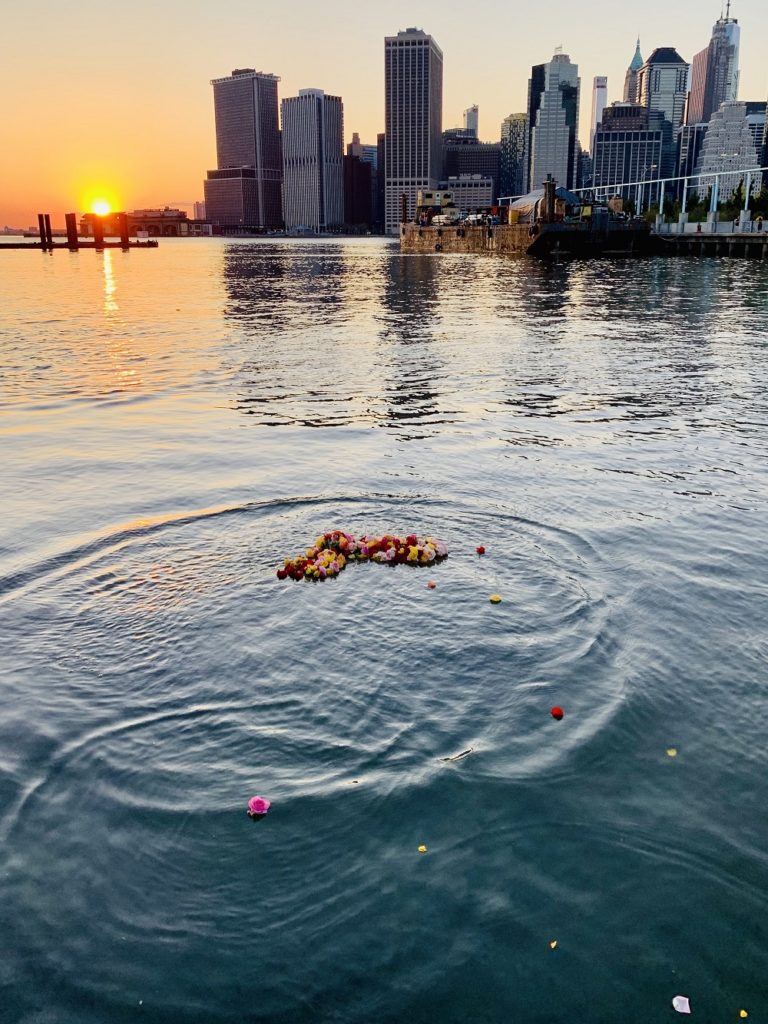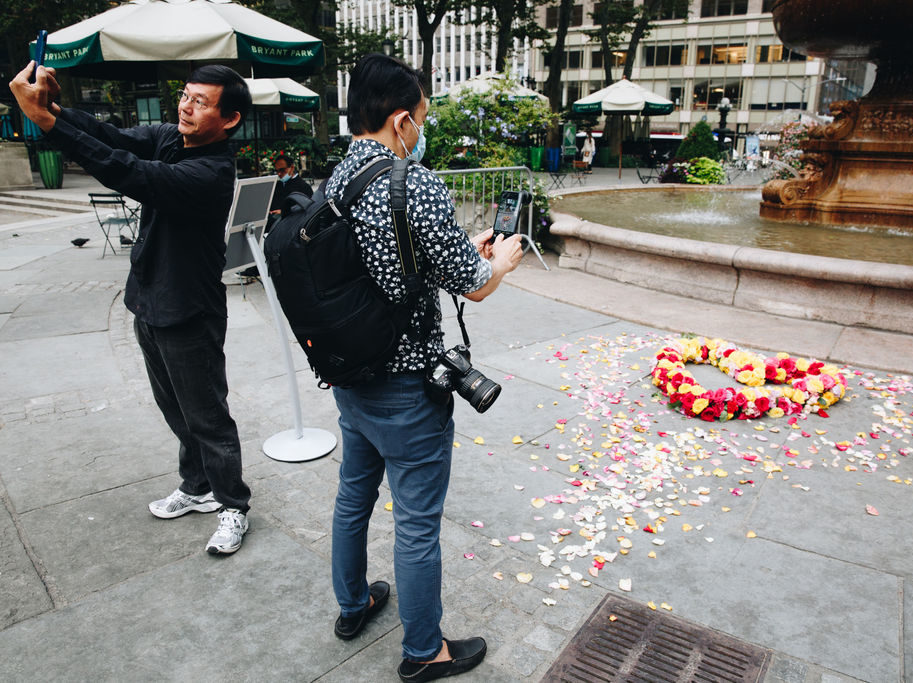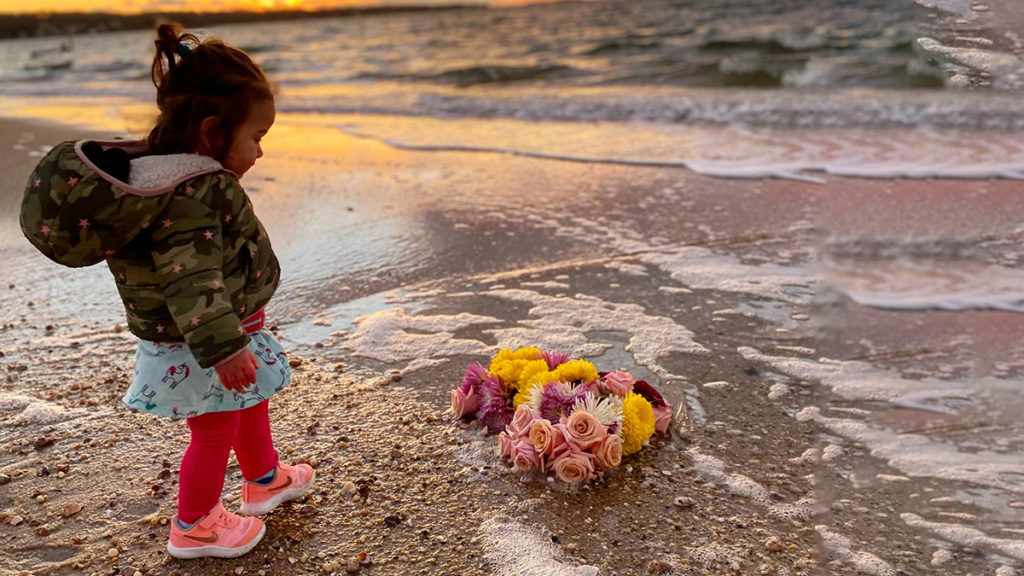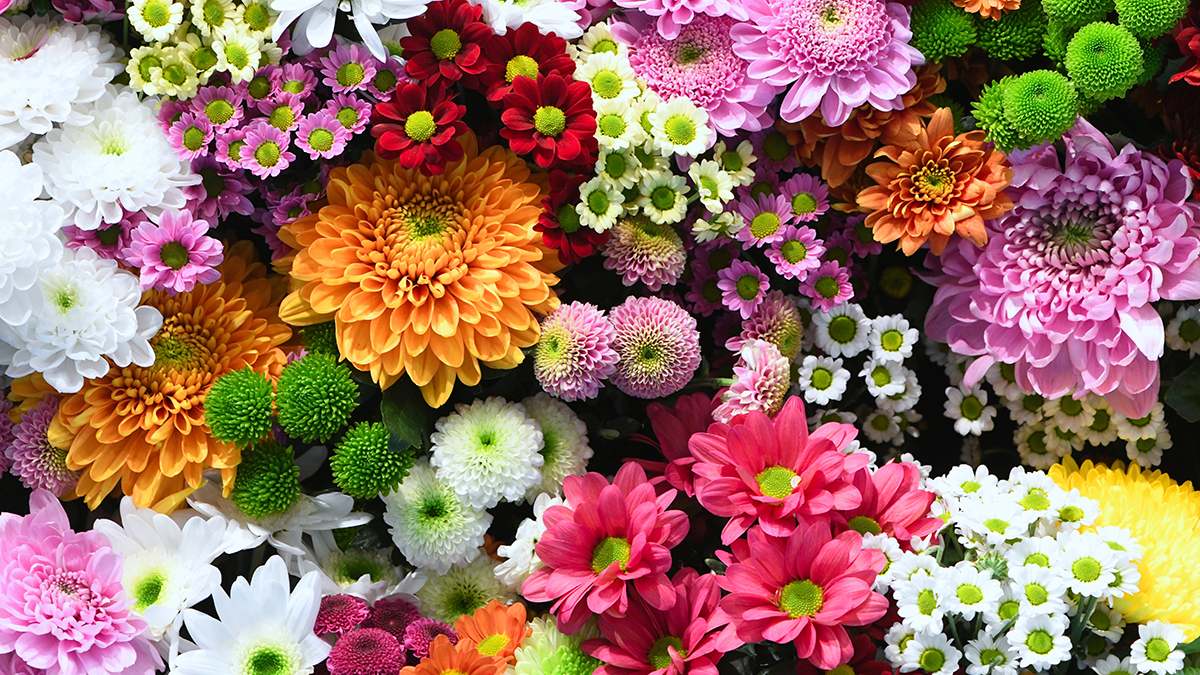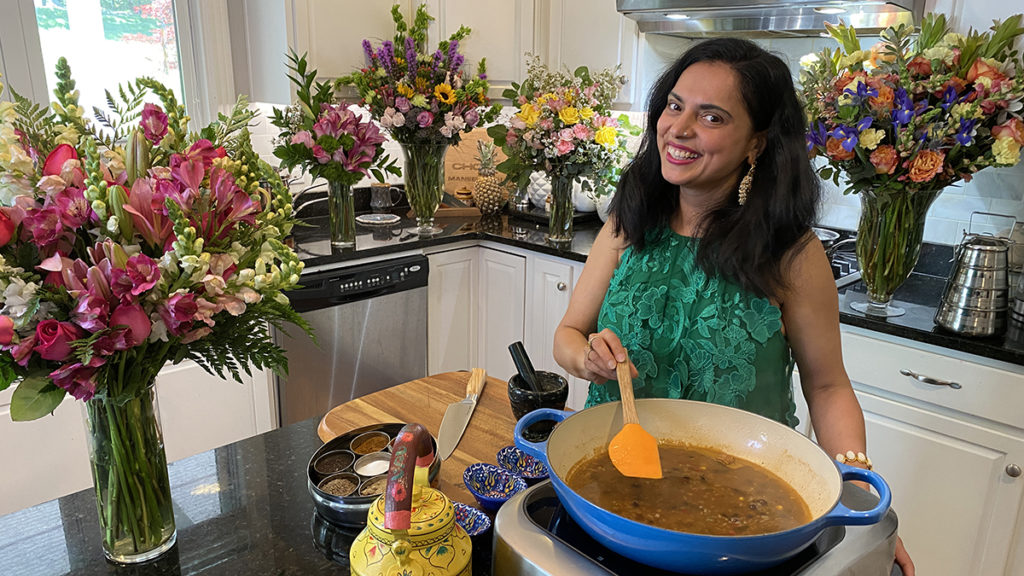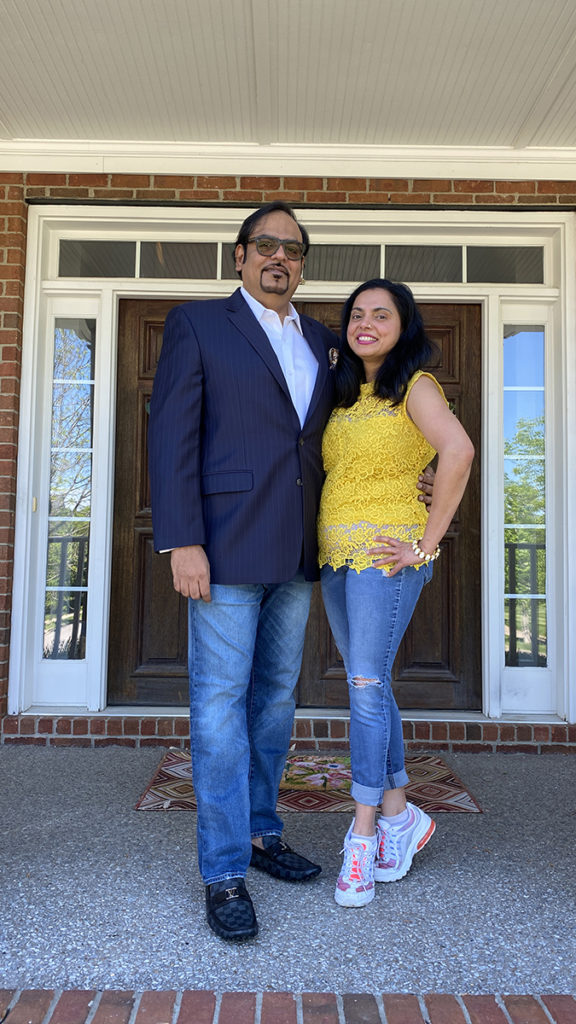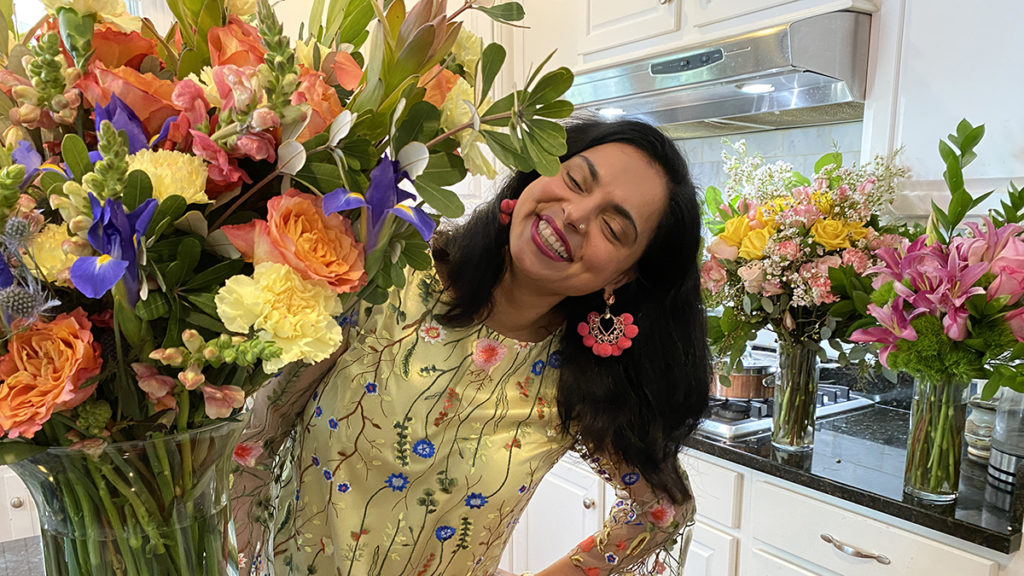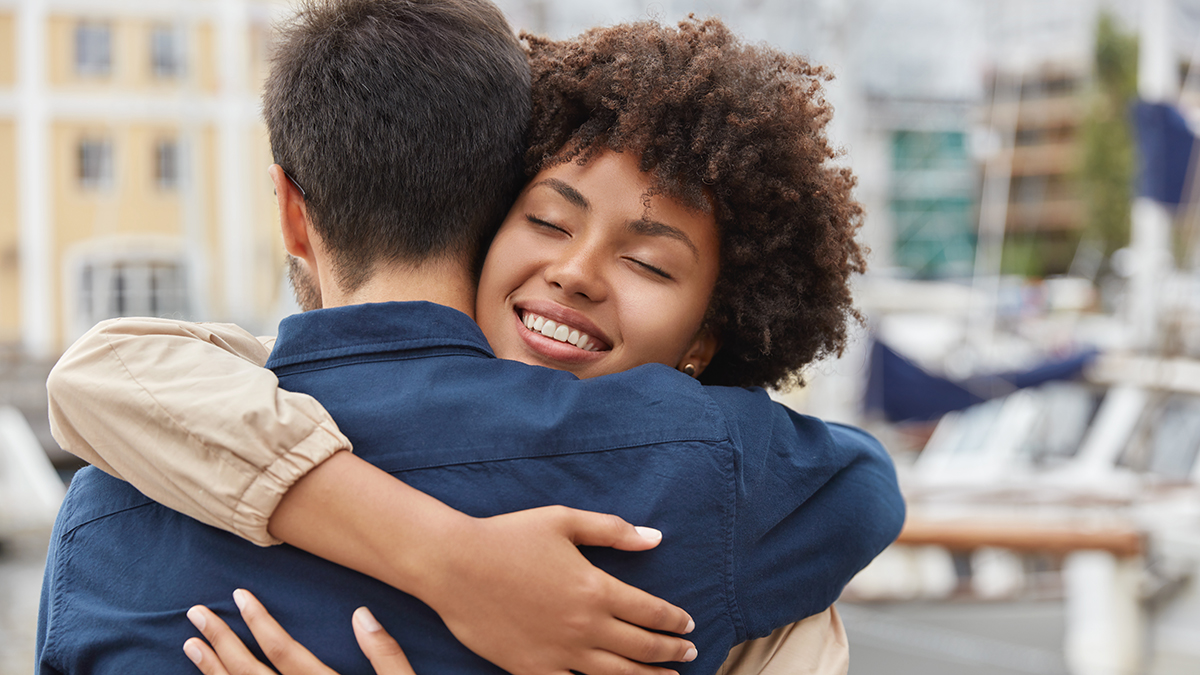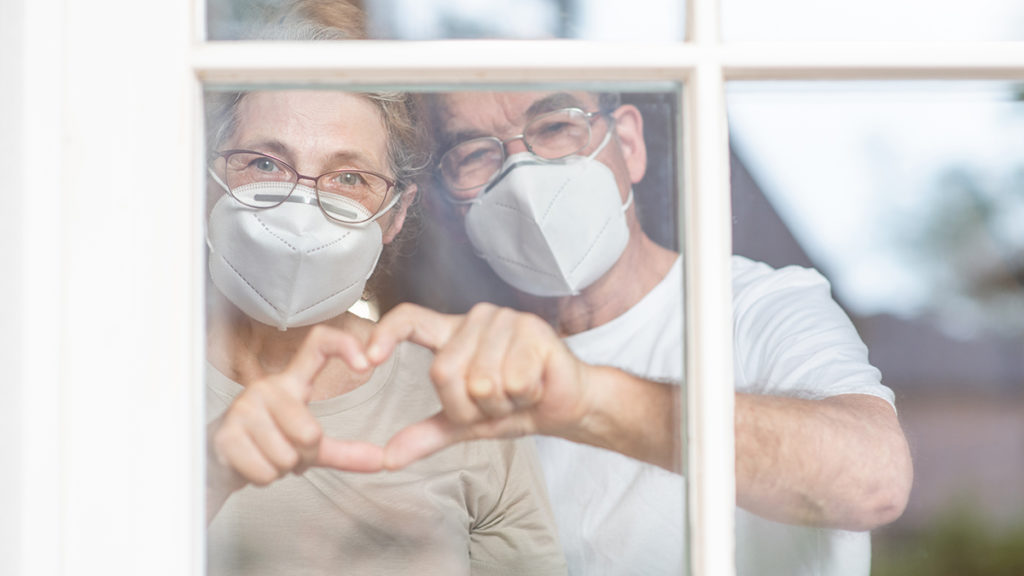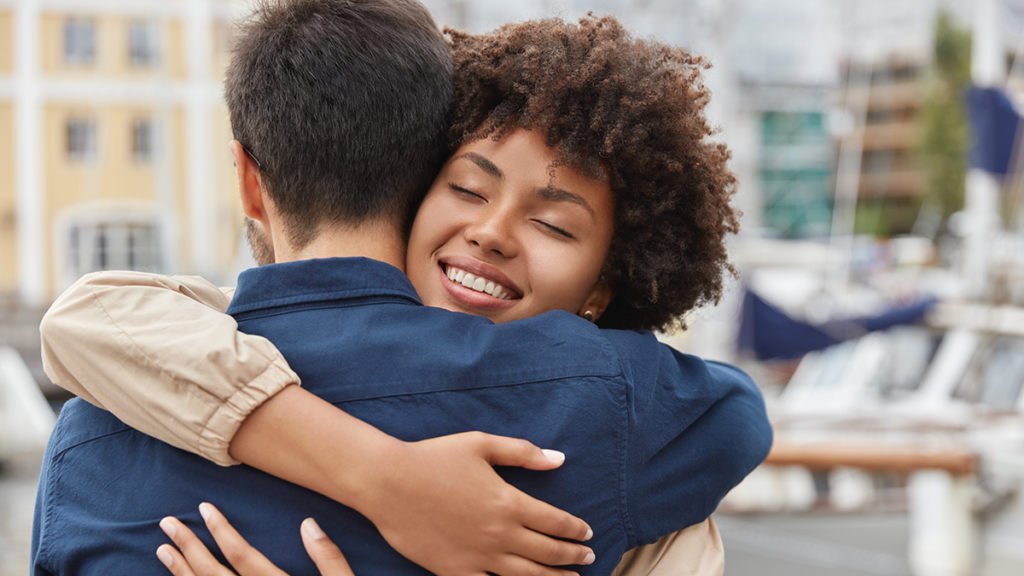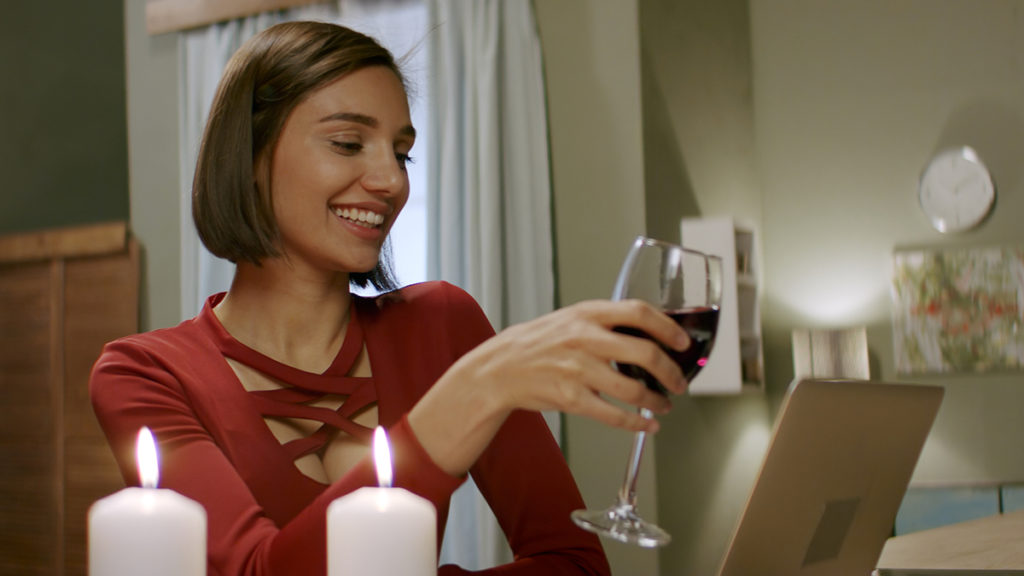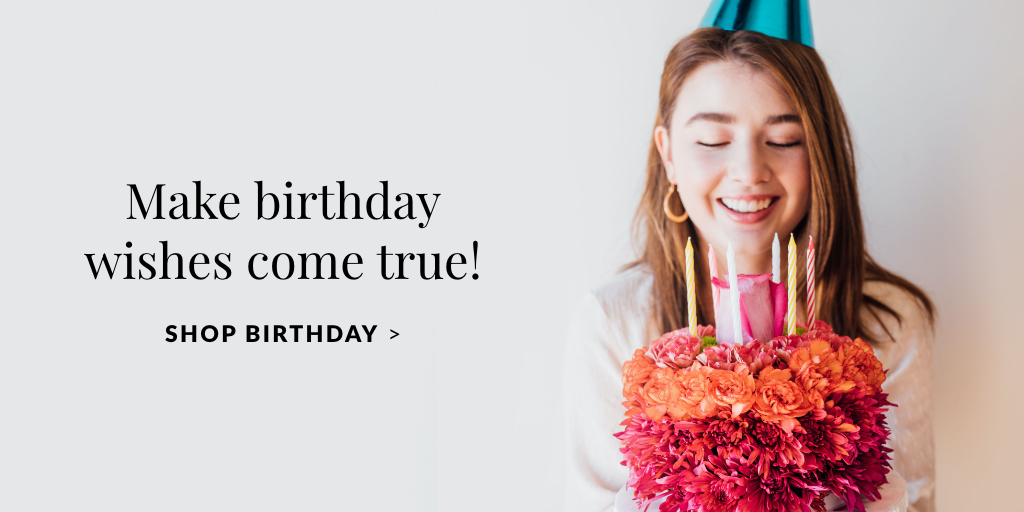Our series “Taking Care of You” focuses on self-care practices, tips for making relaxation part of your daily routine, and advice on destressing and refreshing.
Everyone knows the saying, “You can’t love anyone until you love yourself.” But just because we’ve all heard those words doesn’t make them any easier to follow. Too often, we place the needs of others ahead of our own — whether we’re pouring ourselves into a romantic relationship or trying to be everything to our family — without considering what we really want.
Nurturing ourselves with love through healthy diets, mindful living, physical activity, and developing new habits to promote vitality all help improve our well-being.
Sam Nabil
CEO and Lead Therapist
Naya Clinics

“We are taught from a young age not to prioritize ourselves because it’s deemed to be selfish behavior,” says Megan Harrison, a licensed relationship counselor in Tampa, Florida, and founder of the relationship site Couples Candy. “Because of this, many adults inadvertently sacrifice their own happiness for the sake of others, putting their own physical and mental well-being last.”
This tendency can wreak havoc on someone’s sense of self-worth. Not only can it cause your own health and wellness to suffer, but ironically, it can have the exact opposite effect of what was intended. Investing all your time and energy in others can lead to resentment and burnout and cause you to lose so much of yourself that you cannot authentically be there for your loved ones.
Megan defines self-love as a “true appreciation of oneself. It teaches us to hold our own health and happiness in high regard,” she says. “When we encompass self-love, we are kind, patient, and gentle toward ourselves, in the same way that we would be toward a family member or significant other.”
Loving yourself can also help you find supportive nurturing from others. “When we love ourselves enough, we are setting a standard for how we want to be treated and loved,” says Sam Nabil, CEO and lead therapist for Naya Clinics.
Undoing patterns

Trying to change established perceptions can be hard. The first step is often reframing our way of thinking — particularly about ourselves. That can mean extending ourselves the same courtesies we would give to others.
“Self-love also means to be accepting despite one’s own weaknesses. Nobody’s perfect,” Megan says. “We all have flaws, and often we are our own worst critics. But it is a very healthy thing to accept yourself for who you truly are.”
Kate McGuinness, an executive coach and author of Confidence Lost / Confidence Found: How to Reclaim the Unstoppable You, advises that instead of focusing on failures — real or perceived — you should make a list of your accomplishments and most redeeming qualities. “Try to see yourself through the eyes of someone who loves you,” she says. “Edit your inner monologue to minimize self-criticism.”
The benefits can be positively uplifting. Joy Rains, a mindfulness expert and author of Meditation Illuminated: Simple Ways to Manage Your Busy Mind, agrees. “Intentionally cultivating feelings of self-love can actually release hormones that will lift your mood,” she says. “With the brain’s ability to create new neural pathways and new ways to be thinking, you can actually train your mind to develop self-love.”
Joy suggests a simple mediation practice designed to cultivate feelings of self-worth. “Imagine filling with love and compassion on each inhale, and releasing and becoming empty on each exhale,” she says. “If you like, you can silently say to yourself ‘Filling with love’ as you inhale and ‘Becoming empty’ as you exhale.”
As with so many things, the COVID-19 pandemic has added another degree of difficulty, shifting our sense of self. “We have all suffered loss during the pandemic,” says Kathryn Ely, a licensed counselor and behavior specialist in Birmingham, Alabama. “[Loss] may look different for each of us.”
Some people may have lost loved ones, while others missed out on important career opportunities or just the ability to celebrate milestones, such as the birth of a child or a college graduation. “Don’t belittle your loss because you think it’s less than the next person’s,” Kathryn says. “Acknowledge your feelings without critical self-judgment. Give yourself the love and compassion you would a suffering friend. This will go a long way in helping you heal.”
Daily maintenance
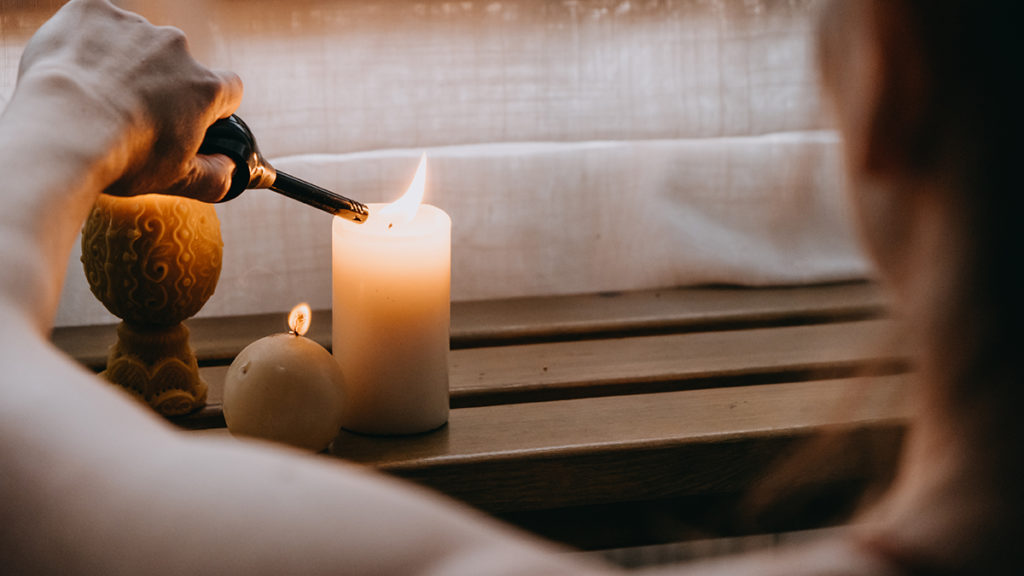
Loving yourself is a great first step, but taking care of yourself is also a crucial component. “Nurturing ourselves with love through healthy diets, mindful living, physical activity, and developing new habits to promote vitality all help improve our well-being,” Sam says.
Along those lines, Karen Kavanagh, a busy mother of twins, created the blog Watered Daily with the idea of practicing self-maintenance with the same diligence one might show a beloved plant or pet.
“Taking just a few minutes out of my day has reduced stress, increased productivity, allowed me to better manage my mindset, and boosted my energy,” she says. “Instead of survival mode, think of it as self-care mode and give yourself that extra lift to get through the day.”
These pick-me-ups, Karen suggests, can be as small as not feeling guilty about taking an hour to work out or reading a book for pleasure. She also advises exploring new interests and hobbies. “The more we fill our own cup, the more will we have to give to others.”
And now that non-essential businesses are starting to re-open and social distancing measures are being lifted, many go-to methods of self-care, such as a manicure and pedicure with a friend or dinner and a show with your spouse, are back on the table. More options mean more opportunity to treat yourself — and after the year most of us have had, you’ve earned it.
“Splurge on a gift for yourself,” Kate says. “Watch a movie you love or donate to a cause you believe in.”
Or you can start even simpler. “Have you ever said, ‘I love you’ to yourself in the mirror?” Karen asks. “These three simple yet powerful words are an easy way to show ourselves some love. Try it the next time you see your reflection.”
For more tips on self-care and wellbeing, watch this episode of “Mindful Moments with Devi Brown.”


